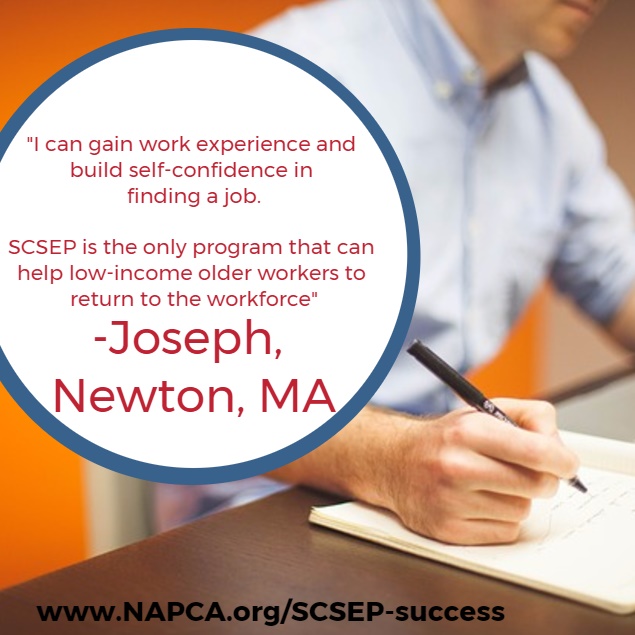In response to the United States Senate Special Committee on Aging’s Request for Information, the National Asian Pacific Center on Aging (NAPCA) delivered comments on the opportunities and challenges facing older adults in the workforce and provided recommendations for policymakers to help older workers.
Almost 20 percent of people over the age of 65 are currently in the workforce, and that number is expected to grow by 74% over the next two decades, making mature workers the largest source of talent in the United States. This changing demographic creates opportunities for employers because older adults who are retired or unemployed have relevant skills to offer and are interested in re-entering the workforce. They tend to be dependable, reliable and resourceful, bringing valued experience and knowledge to the workforce.
Asian American and Pacific Islander (AAPI) older adults with multilingual capabilities can positively impact our healthcare and long-term supports and services systems, particularly in home- and community-based settings, by, for example, being retrained as home health aides who can speak the same language as their patients. AAPI family caregivers with multilingual skills should, as a matter of public policy, be supported to balance their employment and their eldercare duties because of a lack of multilingual AAPI professional caregivers (e.g. Hawaii Kupuna Caregiver Program – see http://www.nbcnews.com/news/asian-america/hawaii-passes-law-ease-responsibility-elder-care-n781941 for NAPCA’s comments on the program’s anticipated impact on AAPIs).
This changing demographic also comes with challenges in the workplace, such as:
- Age discrimination
- Acceptance
- Respect
- Unfair judgments (to health concerns, resistance to change, hard to train, prone to incidents, disinterested in technology)
- Less motivated in learning new skills
For AAPI immigrant older adults, we’ve found that one’s education and work experience are non-transferable from one’s home country to the U.S. This is also related to language barriers. In 2016 listening sessions with AAPI older adults, NAPCA heard the following:
-
- One participant in Seattle, WA shared that limited English skills made it difficult to find jobs, with other participants in listening sessions across the country echoed this challenge.
- The negative impacts of employment on financial security weighed on AAPI older adults’ decisions to work, such as an increase in one’s income subsequently reduced their eligibility for other public benefits (e.g., food stamps, housing assistance).
- AAPI caregivers, especially those who are employed or who have had to reduce employment hours to assume caregiving responsibilities, needed additional financial support and respite services.
Employers often label mature workers with some of the listed challenges above. However, it is our responsibility as gatekeepers/overseers of employment opportunities of mature workers to:
- Provide training and development,
- Update and add new skill sets,
- Facilitate interview preparedness,
- Increase comfortability with technology, and
- Increase language access.
NAPCA has been serving AAPI older adults nationally for over 35 years through a mature workers portfolio that is inclusive of recruitment, placement, retention, training, benefits and language access among other things. Additionally, we offer healthy aging programs, lead the National Resource Center on AAPI aging, and address health and economic disparities.
The opinions expressed in this article are those of the author and do not necessarily reflect those of the Diverse Elders Coalition.


